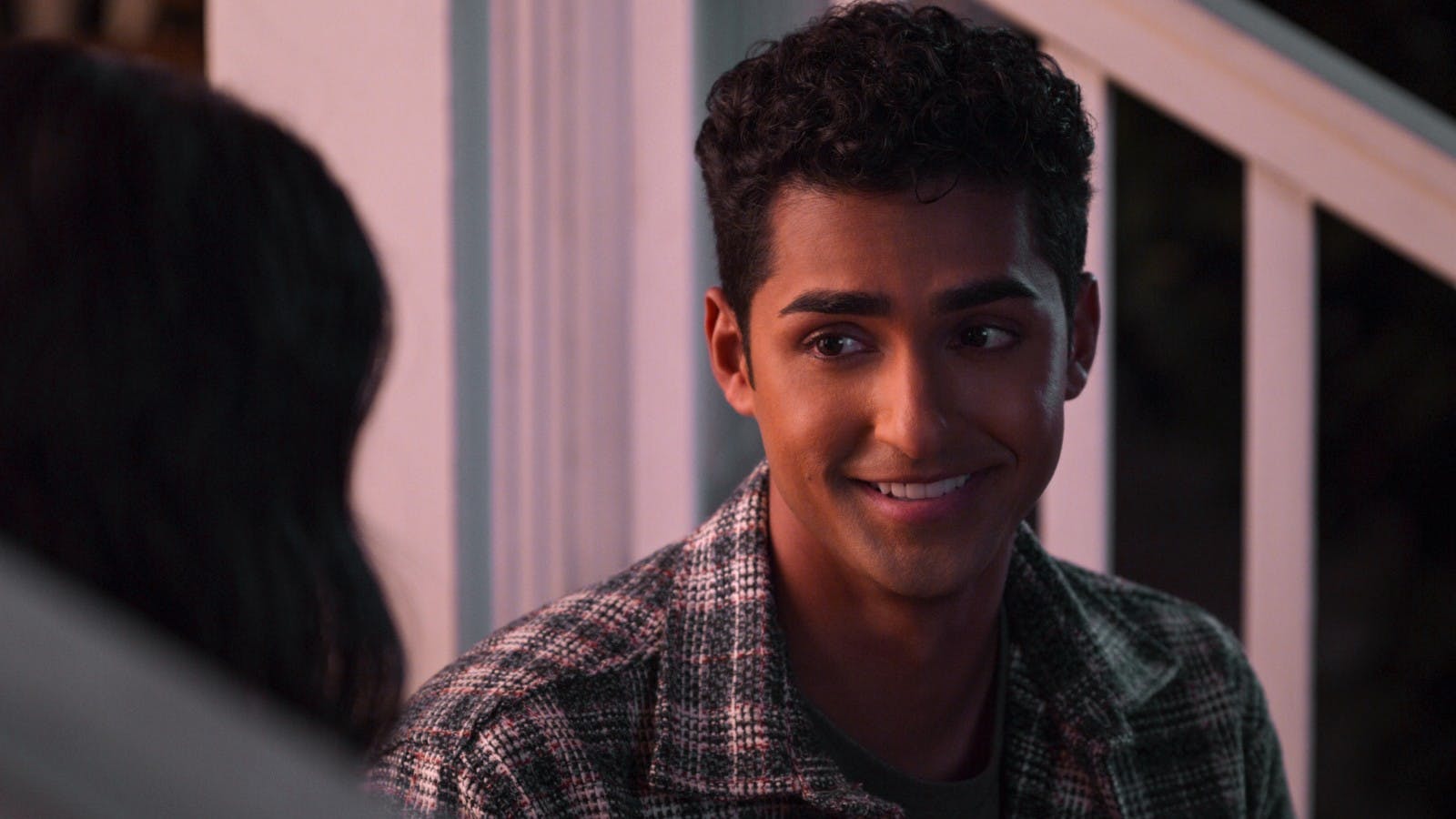Why So Many South Asian Men Are Mama’s Boys
The epidemic even has a name: Raja Beta Syndrome.
In the third season of the Netflix sitcom Never Have I Ever, thirsty high-schooler Devi Vishwakumar (Maitreyi Ramakrishnan) finally gets herself a mom-approved Indian boyfriend, Des (Anirudh Pisharody). But things take a turn after his mother, Rhyah (Sarayu Blue), comforts Devi through a painful memory of her father. She later tells Des, “That girl has a lot of problems,” pushing him to end the relationship.
Des cancels plans with Devi and grows cold. When Devi finally confronts him, he explains, “Look, Devi, you’re cool and all, but, like, dating you isn’t worth pissing off my mom. I mean, she still pays for my phone.”
Deservedly, Devi then throws a cup of (iced!) coffee into Des’s face, and the two call it quits. It’s a maddening narrative, but one familiar to many women. Not just those who have dated men like this, but who are the daughters, sisters, and cousins of men like this. Nay, boys like this. In the West, this cringe-inducing demographic is called “mama’s boys,” and in parts of South Asia “raja betas.” This dynamic has reigned long and hard in subcontinental cultures — with far longer-lasting consequences.
